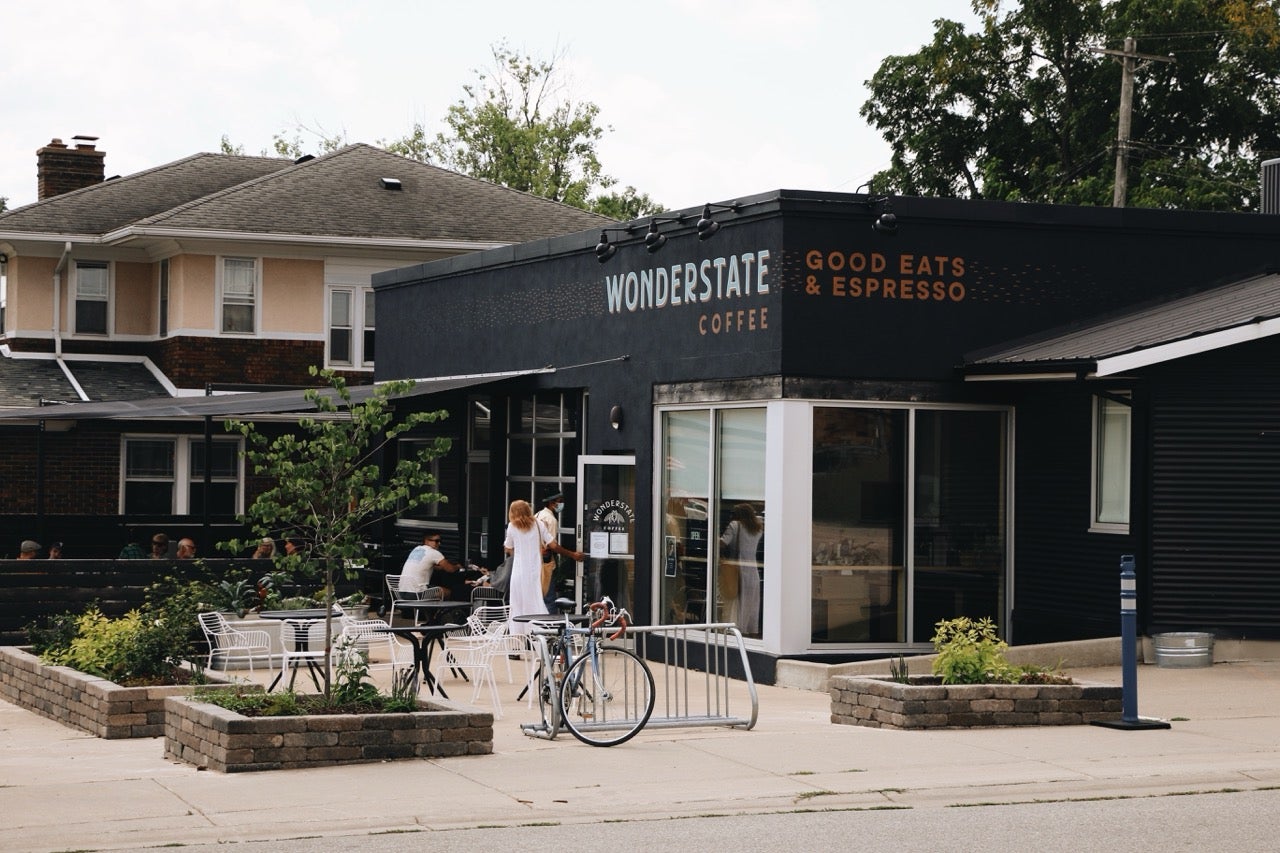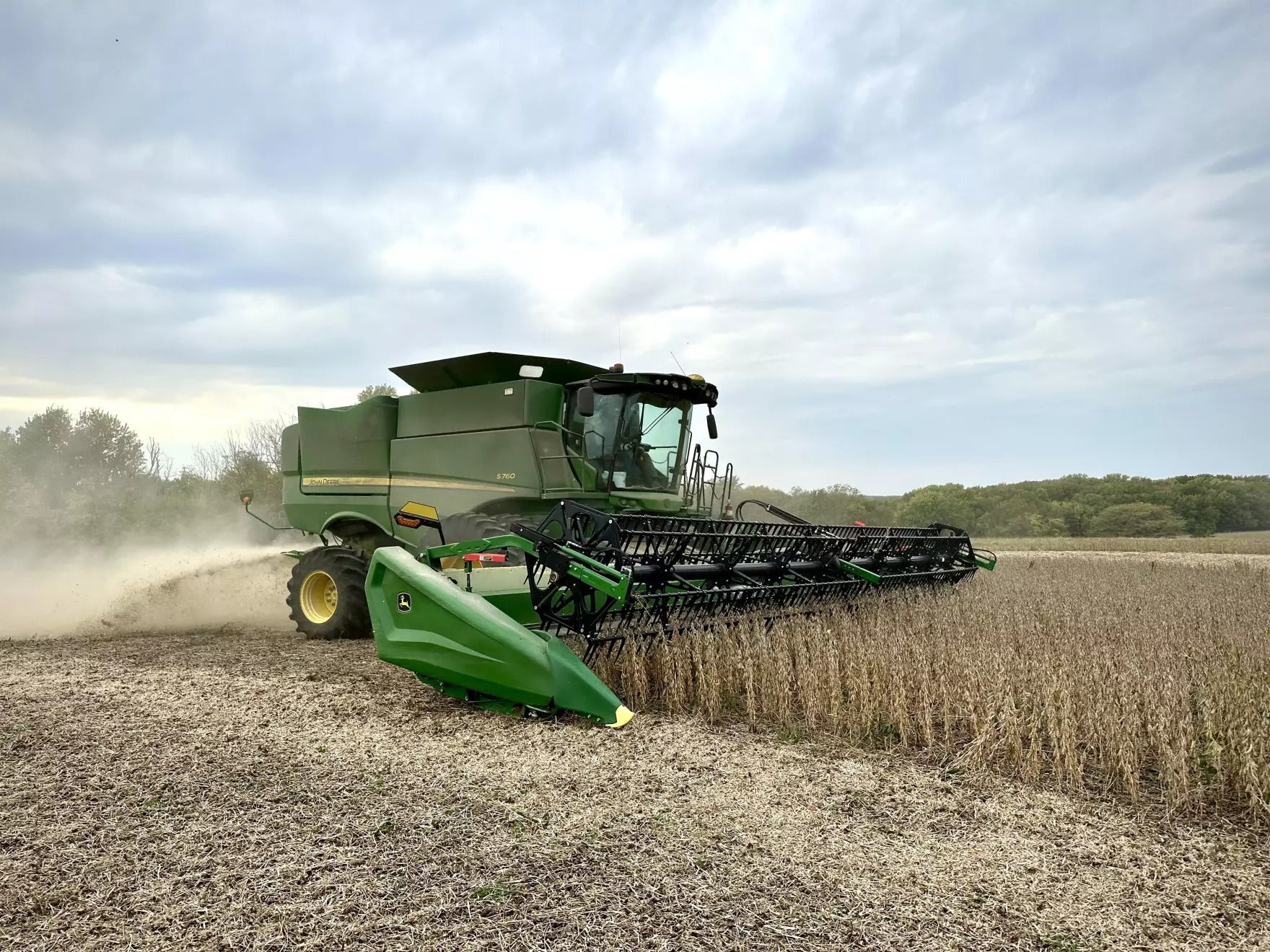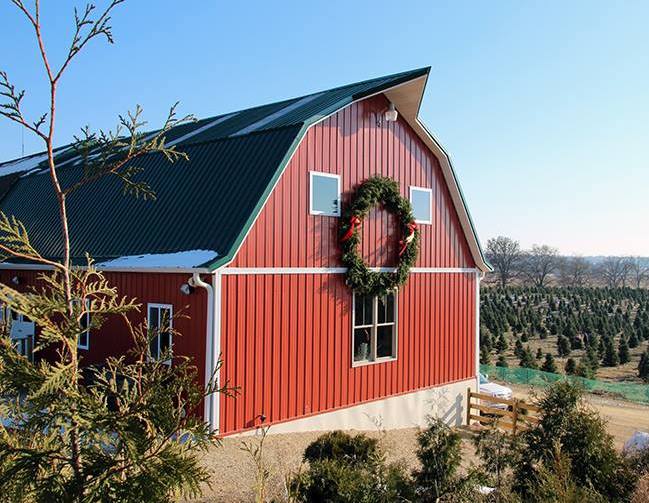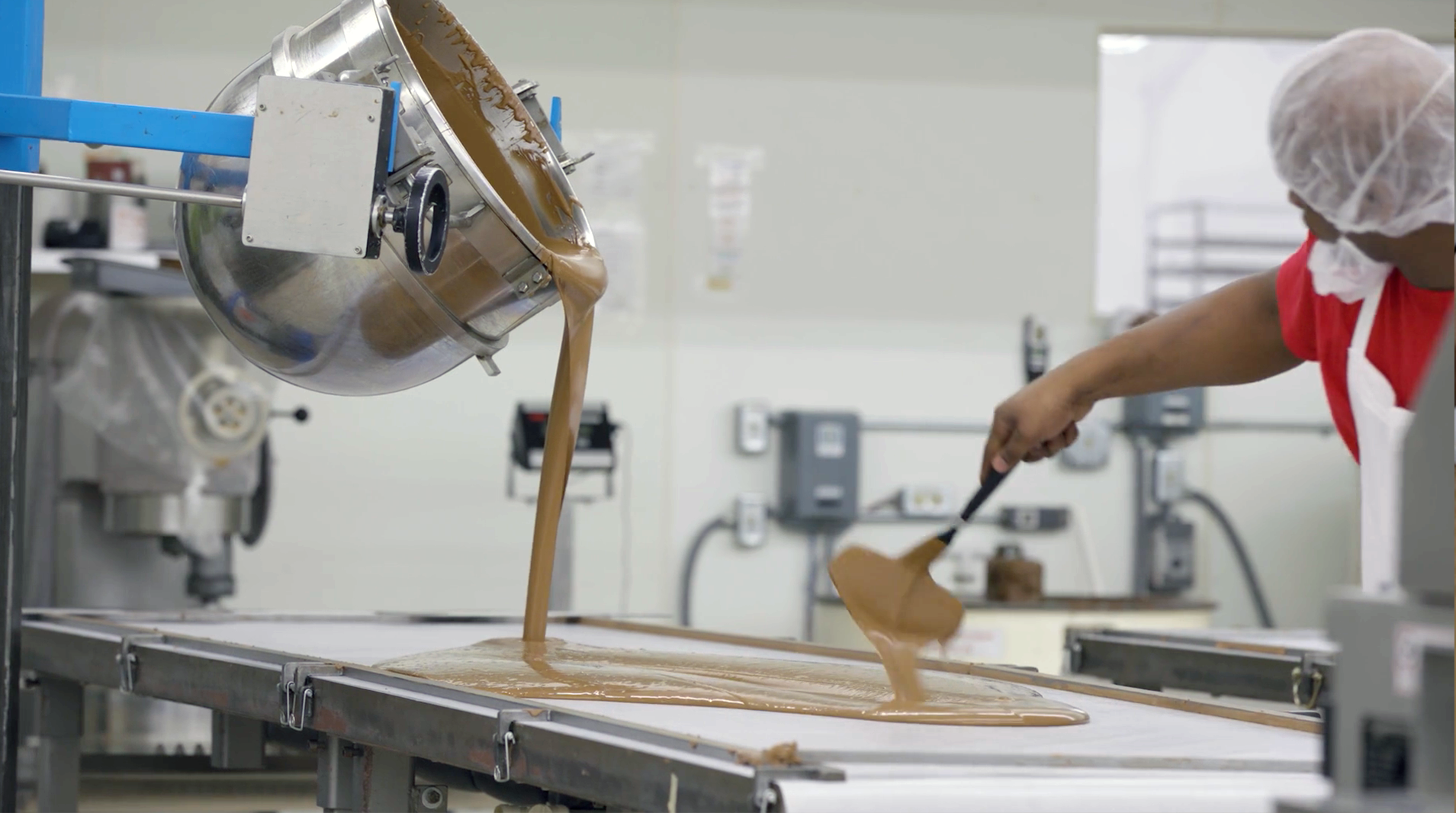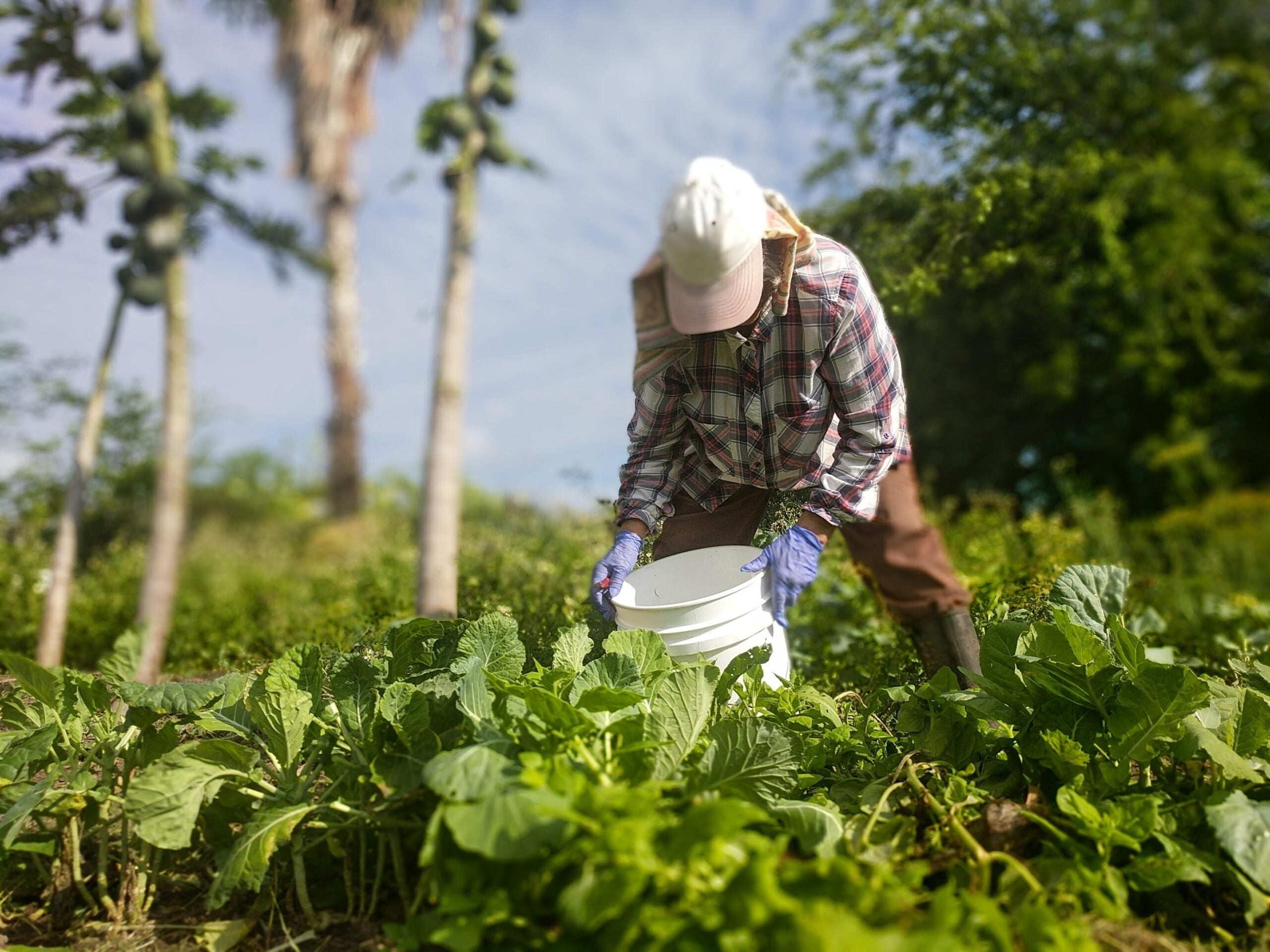One of the owners of a Wisconsin coffee shop chain says the swirling uncertainty over tariffs is putting a strain on coffee shops and growers alike — and may force them to raise prices.
TJ Semanchin is a co-owner of Wonderstate Coffee, a Viroqua-based company with four locations throughout Wisconsin. He told WPR’s “Wisconsin Today” that recently-imposed tariffs from the Trump administration could spike the price the company pays for beans from countries like Nicaragua by as much as 28 percent.
The Trump administration has currently imposed 10 percent tariffs on goods from most countries. As part of a package of “reciprocal tariffs,” it also proposed a range of different tariffs on individual countries, including an 18 percent tariff on Nicaragua. But in April, the administration paused those additional tariffs for 90 days, except for China, which now faces 145 percent tariffs.
News with a little more humanity
WPR’s “Wisconsin Today” newsletter keeps you connected to the state you love without feeling overwhelmed. No paywall. No agenda. No corporate filter.
Semanchin said if the full tariffs on Nicaragua go into effect, if would spike costs.
“In a scenario like that, we would maybe be forced to reduce some of our purchases from a place like Nicaragua and make that up in a neighboring country,” Semanchin said. “We are very committed to the farmers that we buy from. But on the aggregate, this is where coffee farmers are really uncertain and nervous on how these tariffs play out.”
Coffee can only be grown in tropical environments, limiting the ability for farmers to grow coffee beans at scale in the United States. More than 99 percent of coffee consumed in America is imported, according to the National Coffee Association of USA.
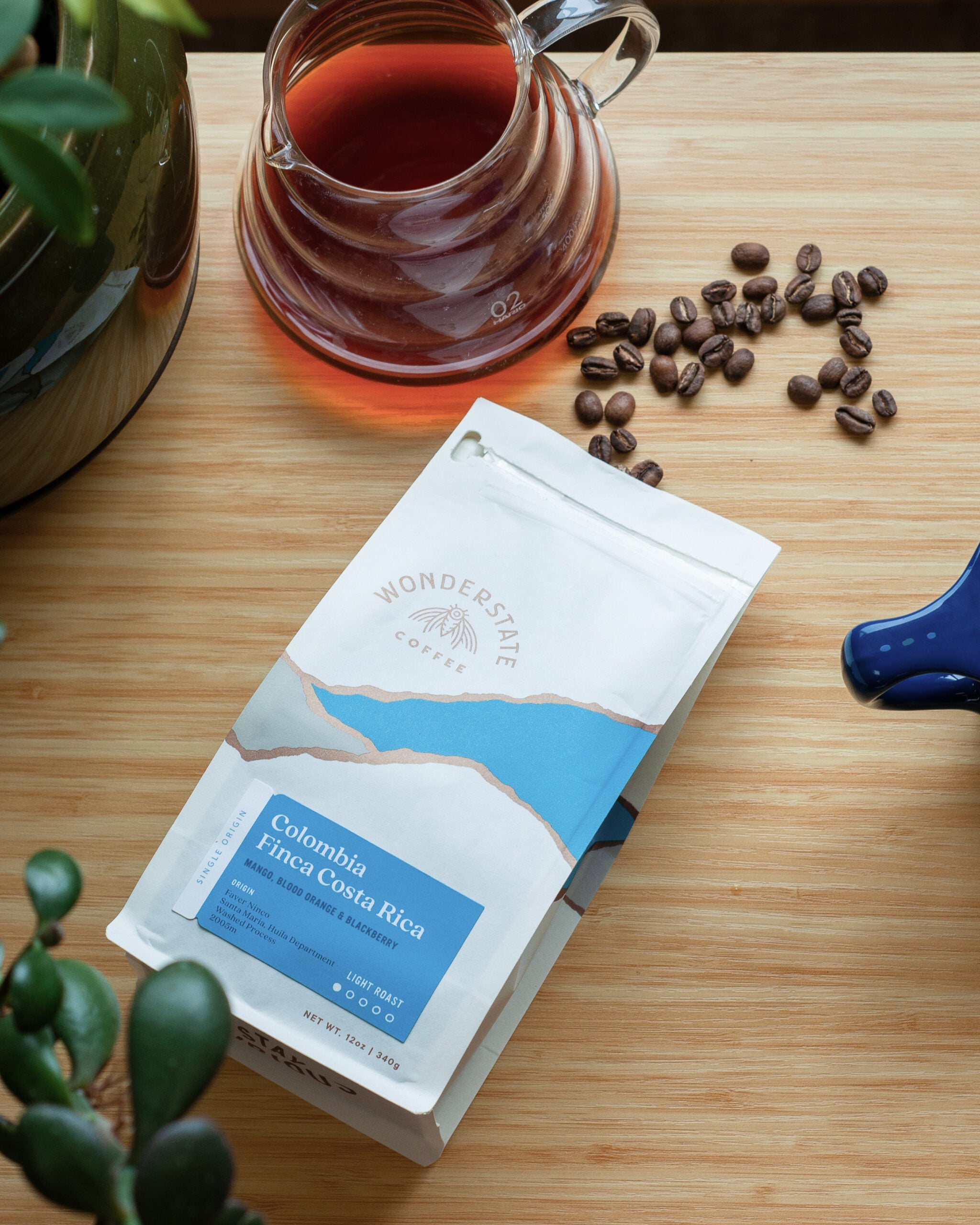
Wonderstate Coffee purchases beans from Peru, Colombia, Guatemala and Mexico among other countries. Semanchin said even a 10 percent tariff is a significant dollar figure for his business to pay.
“For us, a container of coffee might cost around $200,000. So that tariff tax, if it stays at 10 percent, will be $20,000. That’s an additional $20,000 that we need to come up with. I’m literally borrowing that money from our bank to pay that tax,” Semanchin said. “We get hit with that upfront, and then as we absorb those costs, eventually we are going to have to look at increasing prices again.”
Semanchin explained to WPR how businesses like his are navigating a rapidly changing trade landscape.
The following was edited for clarity and brevity.
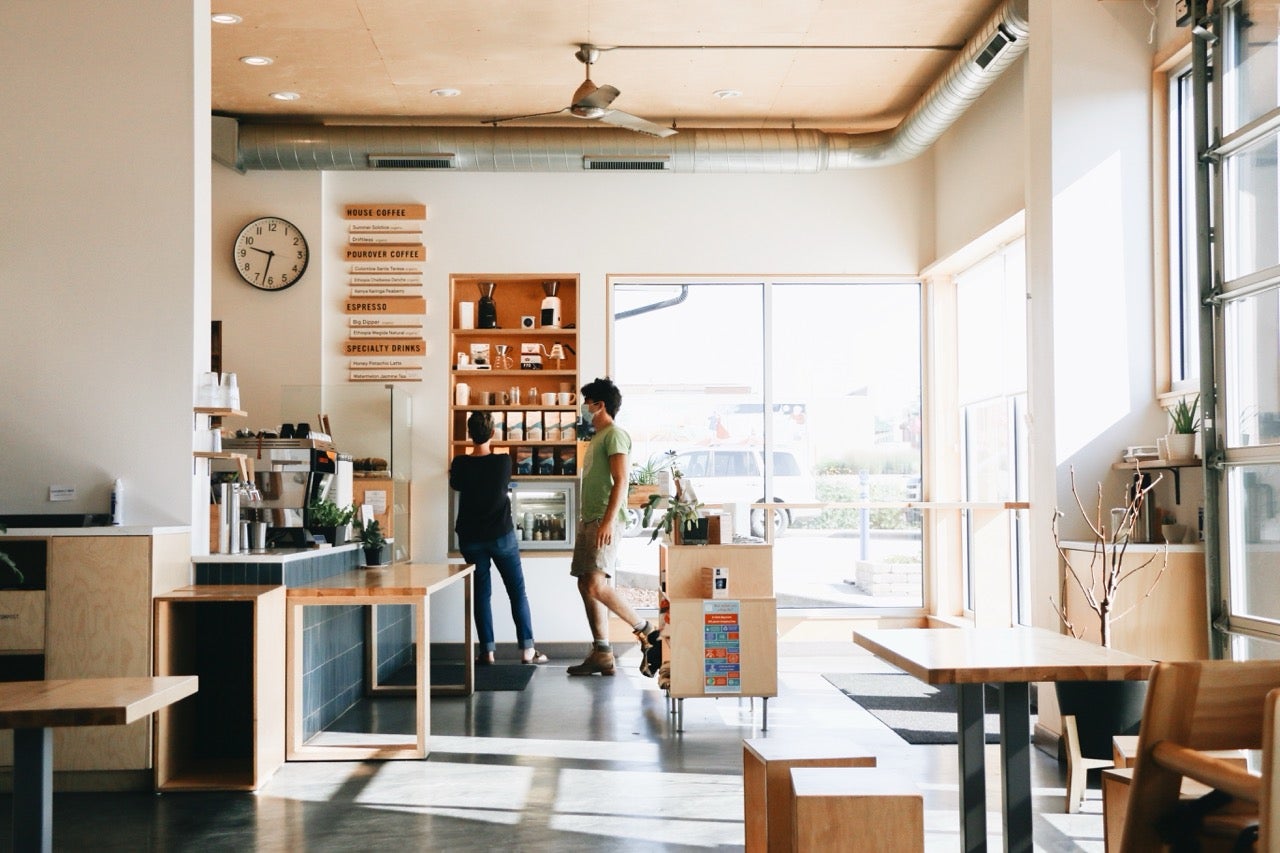
Kate Archer Kent: Can you walk us through the math of how tariffs could affect the price that the customer pays for a cup of coffee?
TJ Semanchin: Right now, the world commodity price for coffee is at a historic high. So coffee is traded on a commodity exchange, and that has been hovering at about $1.50 to $1.75 for the past many years. That’s the price per pound of the raw coffee. Today, that price is hovering around $4. That’s the highest it’s ever been historically. And so when you put a 10 percent or higher tariff on top of that, that’s a multiplier effect.
KAK: But beans aren’t all it takes to run a coffee shop. Your business uses cups, machinery, and flavoring syrups. How will tariffs affect the cost of other materials you need to run your business?
TS: We don’t really know. We know it’s going to impact it, and we’re trying to understand how this is all playing out. Do we need to purchase up with one of our suppliers that has inventory right now? But that means we need to come up with more money to buy that inventory.
We are expecting things like the bags that we put our coffee in and all of our to-go containers and to-go cups [to increase]. We have some inventory. Everyone who is lucky enough to have some inventory, we’re kind of just looking out at the horizon with uncertainty and thankful that we have product in our warehouses now. For those who are just having to put orders in, and that’s true for some of our products, we are expecting things to be more expensive. If it’s coming from China with the 145 percent tariff, you know, that’s astronomically more expensive. We buy from U.S. companies, and they’re sourcing from other parts of the world often.
The big picture for that is just for us to be really conservative and cautious about how we’re investing in our business. Are we going to buy new equipment? How can we be staffing up and investing in our staff? These are all things that are feeling very uncertain and don’t really give us a lot of ability to grow and invest right now.
KAK: You have said you have deep relationships with the farmers that you purchase from. In these challenging times, what do these relationships mean to you?
TS: Some of the farmers we buy from, they are from when we started the company 20 years ago. Some of these relationships go decades. Or the children of the farmers that we were buying from when we started are the ones that we’re now buying from.
This is what is one of the more frustrating components of all the tariff impacts. Supply chains and resilient supply chains are built on relationships. That’s true if you’re buying from a local farmer down the street or a local business, or if you’re buying from someone across the globe. There’s someone on the other end of that trading relationship. That’s true if you’re buying from someone in China or a coffee farmer in Colombia. In these times of crisis is when it becomes most important and most apparent, like during COVID. So I feel like we’re back in that place where we’re just really needing to let the farmers know that we’re committed to them and vice-versa.
When I hear the kind of political rhetoric around the tariffs, that part is really frustrating for a company like us who depends on international trade. Coffee is an international product, and those relationships are really threatened when we just take too narrow of a view of the economy and keep pushing just for domestic production without thinking about how supply chains are built and how long they take to establish.

